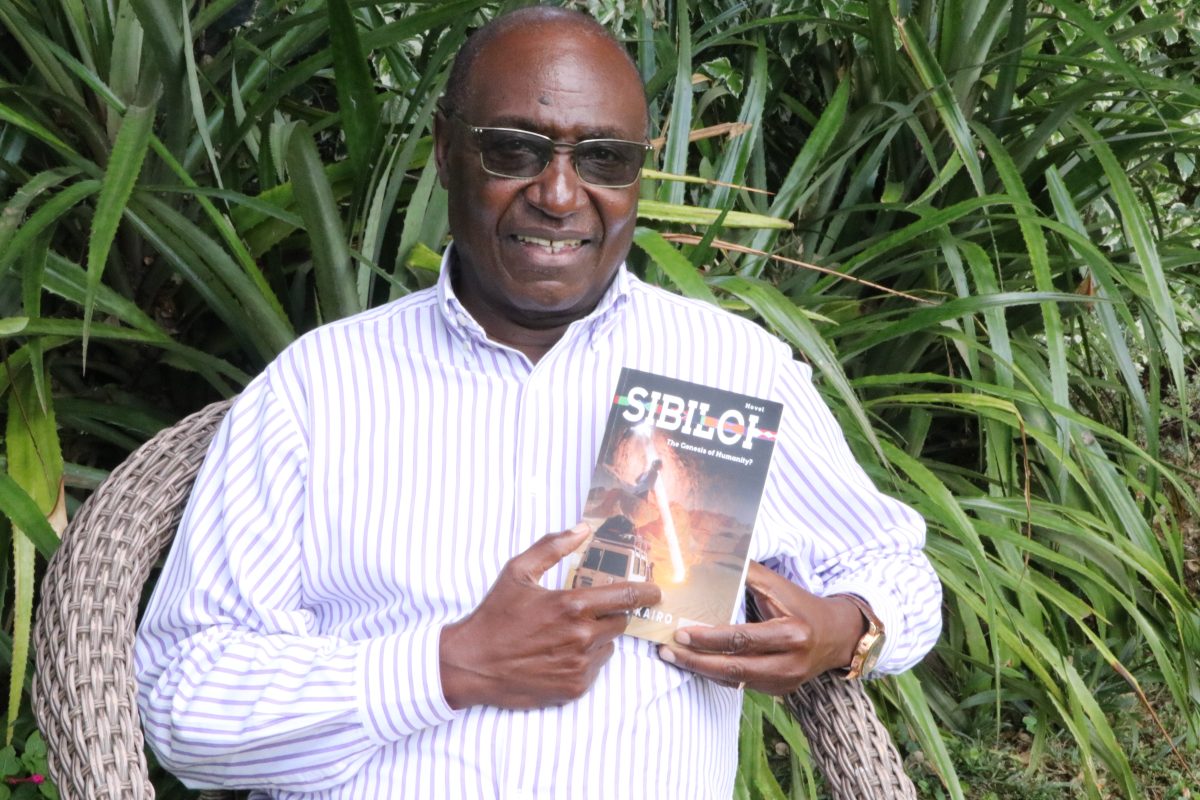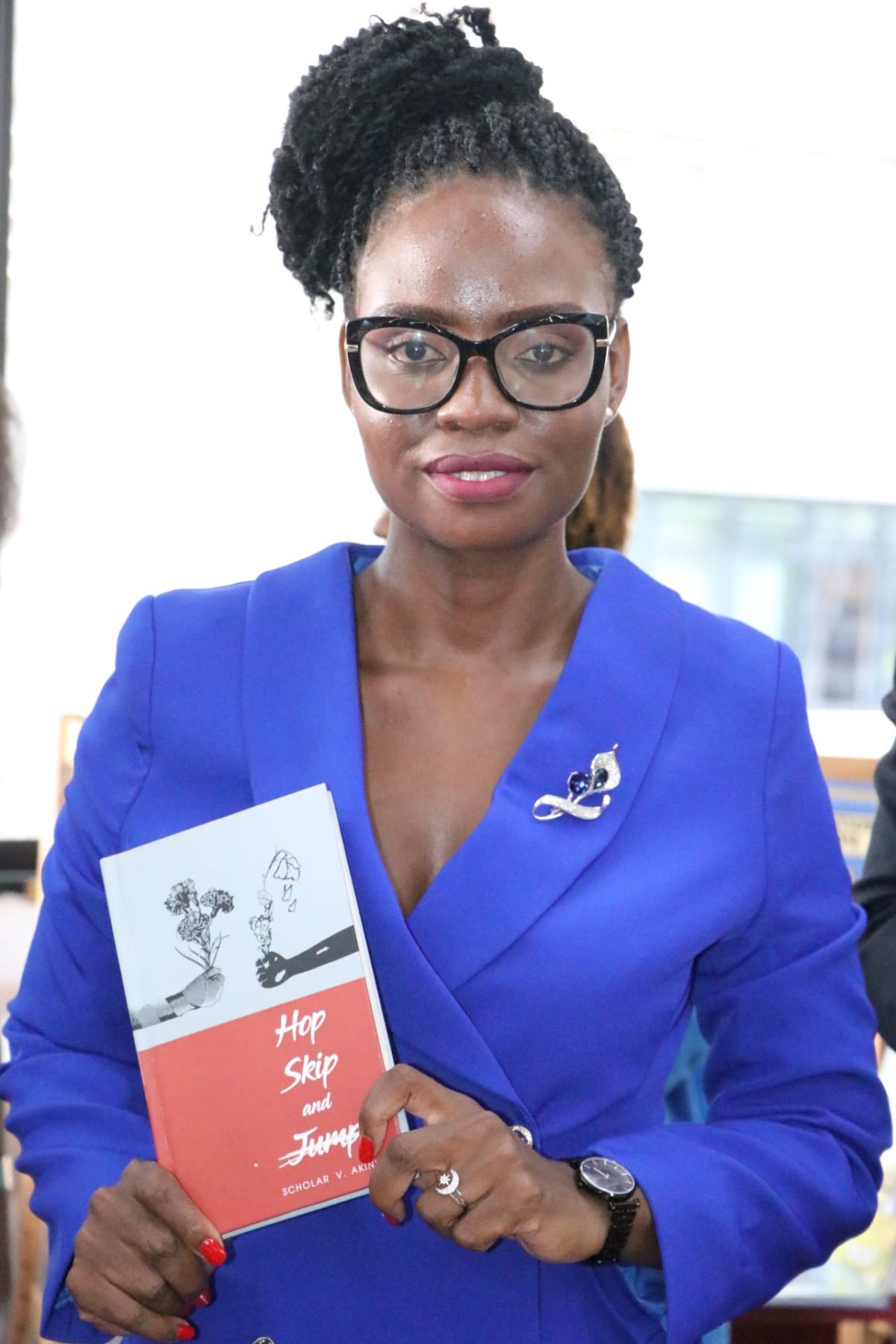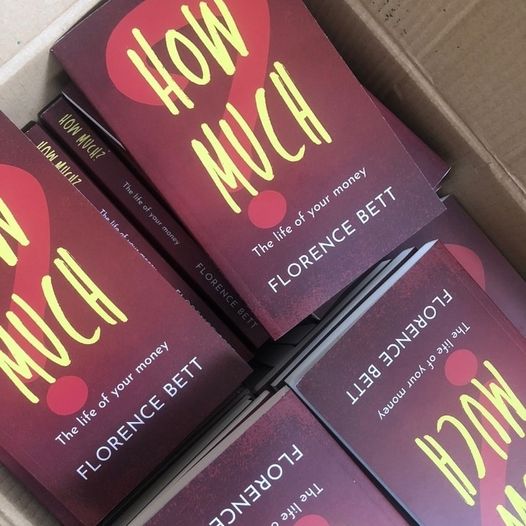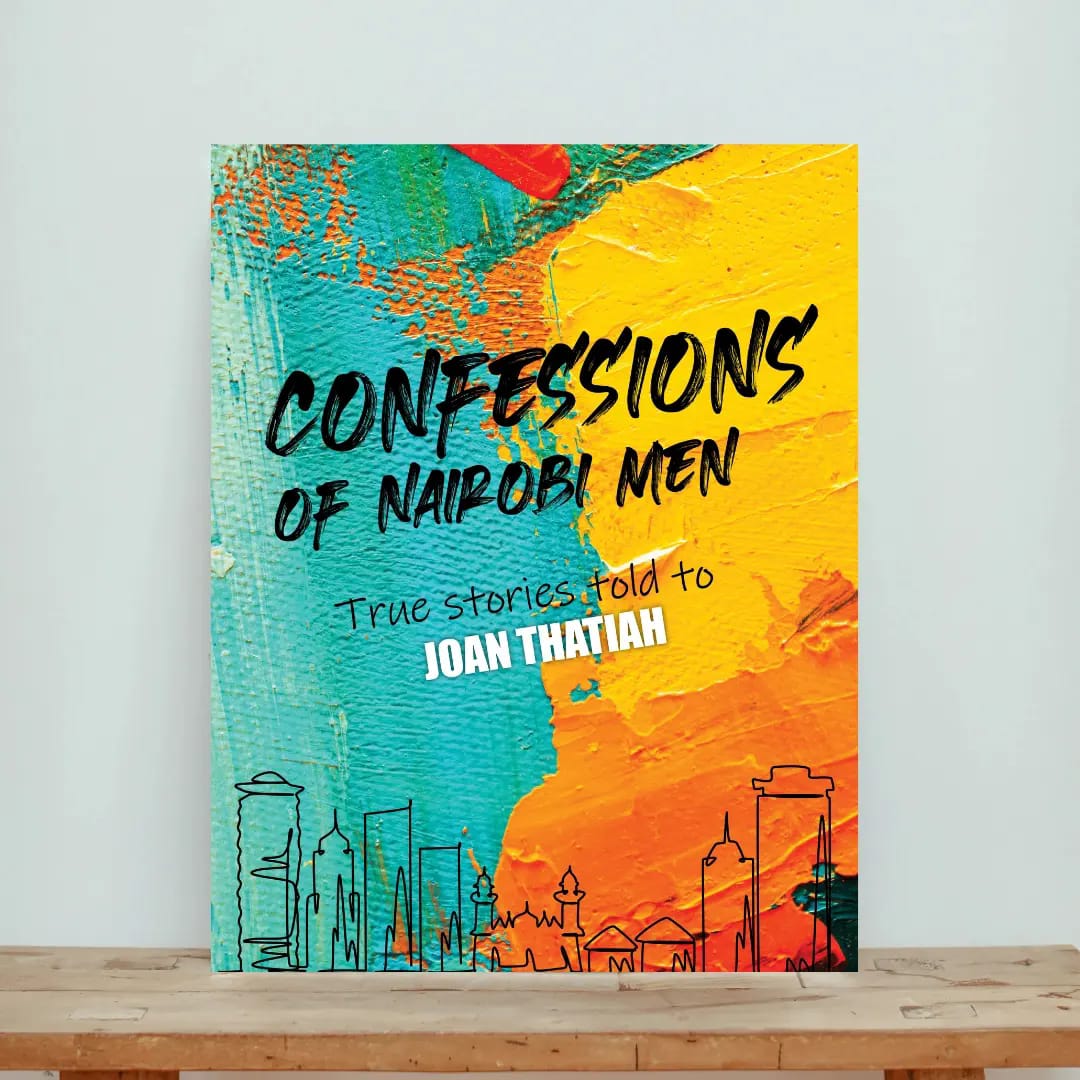When Dan Kairo says he is a Mau Mau detainee it is somewhat difficult to believe his assertion. For one, he was born in June 1954, while the State of Emergency, that ushered in mass detentions of Kikuyus, had been declared a year before.
“I was two months old, still on my mother’s back, when my parents were detained,” he explains. “My mother and I went to a detention facility in Limuru, while my father was hauled to the Athi River Detention Camp.”
As a result of his one-year stint as a Mau Mau baby detainee, Kairo is a paid up member of the Mau Mau War Veterans Association and has receipts to prove it.
At the time of their detention, Kairo’s father was a headmaster at a school ran by the Karing’a movement, which had defied colonialists and Christian missionaries by establishing independent churches and schools that incorporated Gikuyu culture in their teachings. When the State of Emergency was declared, these schools were shut down by the colonial authorities.
Kairo’s father was deemed guilty by association.
While Kairo and his mother were released from their incarceration after one year, his father came out of detention in 1960. “When my father came out of detention, I was in Standard One; I could not believe it when I was told that he was my father,” he recounts. “This was due to the fact that we had been told that he had died in detention.”
By virtue of being a headmaster before detention, Kairo’s father was a man of means and had a number of pieces of land to his name in his home area of Nyathuna. He lost all that since land consolidation was done when he was still in detention.
That setback in his early life did not prevent Kairo from making it in life. He is a trained medical doctor, who later veered in the world of pharmaceuticals, before settling into real estate. That is not all, Kairo, who is turning 70 in June, recently opened a new chapter into his colourful life, by becoming a published author.
At an age when his peers are in semi-retirement, Kairo took pen and paper and wrote an engrossing archaeological thriller, whose publication he funded. He worked with Mystery Publishers, who offered him editorial, design and printing services.
His book Sibiloi, is a fictional story of a group of scientists, who set up camp among the Amalek, a community found in Northern Kenya, where they make a discovery that has the potential of shocking the whole world.
This discovery, once unveiled, will turn, on its head, the story of creation as the world knows it.
It all starts when a sacred belt, stolen from the Amalek, finds its way to a pawn shop in London and acquired by a collector, who is also an archaeologist.
The collector soon discovers that this is not an ordinary belt. So explosive is the mystery held by the ancient belt that some people are willing to kill to ensure it is not unveiled to the world.
The sacred belt, the Amalek elders explain, is part of what their ancestor’s gods bequeathed them, and the complete information is stored in caves on the edges of Sibiloi National Park.
The scientists and the Amalek elders hammer out a deal; the scientists get access to the secret caves for research purposes, in return to handing sacred belt back to the community.
One thing leads to another and the book comes to an explosive end, literally. You would have to read the book know what transpired. The book is truly edge-of-the-seat stuff.
Back to the Mau Mau detention story: “While in detention, my father took up teaching fellow detainees, a job that paid him one shilling a day. At the time of his release, he had had saved up sh2,700,” explains Kairu. “He used the money to buy a seven-acre piece of land adjacent to the school he used to teach.”
It is ironical that despite having worked as a teacher, while in detention, by colonial authorities, the same colonial government refused to give him a teaching job after he was freed from detention. By this time, the school had been taken over by the government and renamed Kahuho DEB Primary School.
Two years after Kenya gained independence, Jomo Kenyatta, Kenya’s first president visited Kahuho and expressed desire to upgrade the school into a secondary school. “For it to be upgraded to Kahuho Uhuru High School, the institution required additional land, and that is how my father moved to Nyandarua, where he bought a larger piece of land and settled his family,” explains Kairo.
When his family relocated to Nyandarua, Kairo was in Standard Seven, so he was left behind with his grandmother, as he completed his education. “I later joined Dagoretti High School, which was quite a distance from my grandmother’s place. Being a day scholar, I ended up staying with a relative, who operated a food joint in Uthiru,” says Kairo. “It was a two-roomed affair and we would sleep on the ground in the other room, which also served as the store for things like charcoal.”
As a result, young Kairo found himself with time to spare, time he used to frequent social joints, singing and dancing to Lingala music, which was the craze in town.
One of the patrons of those social joints worked as a driver at Kabete Vet Lab. “I knew the man since we used to pass through his farm, going to school,” recalls Kairo. “Every time he emerged from his drinking joint, he would see me hanging around and ask me to help him push his bicycle across Naivasha Road, as he was already drunk.”
One day, as Kairo was helping the man with his bike, he sought to know what a boy in school uniform was doing hanging around drinking joints. “I told him my story and he said that he wouldn’t wish to see me to ending up as a drunk, like him. When we got to his home, he told his wife that I would henceforth be staying at his home,” explains Kairo adding the man’s decision to accommodate him saved his education.
He kept touch with his benefactor’s family and would later take care of him when he was admitted to Kenyatta National Hospital, where Kairo was working a medical intern.
Kairo finished his ‘O’ Levels at Dagoretti and proceed to Kenyatta College, now Kenyatta University, for his ‘A’ Levels. He later joined the University of Nairobi’s School of Medicine. “I practiced as a medical doctor for a few years but left to join the pharmaceutical industry, where I worked for twenty years,” he explains, adding that he later shifted to real estate.
Sibiloi is available at Nuria Bookstore.










